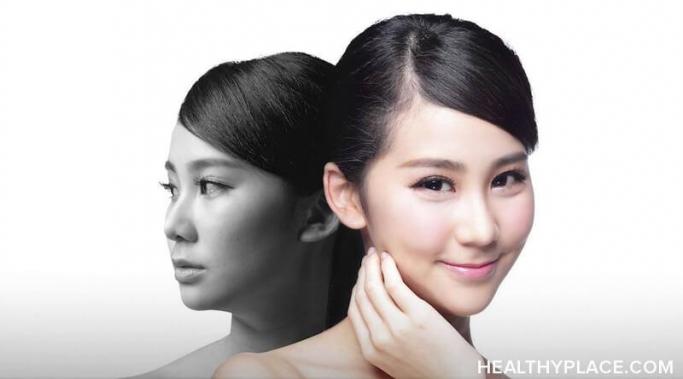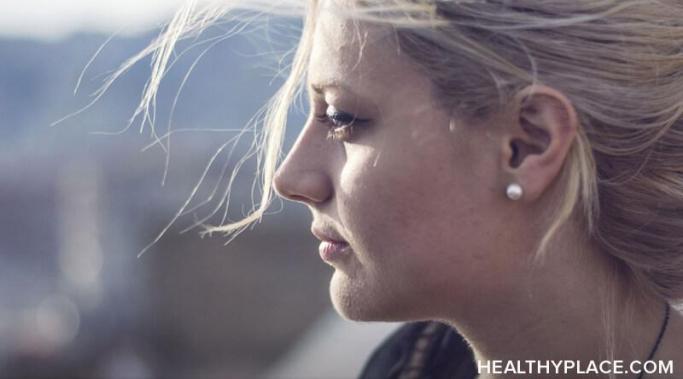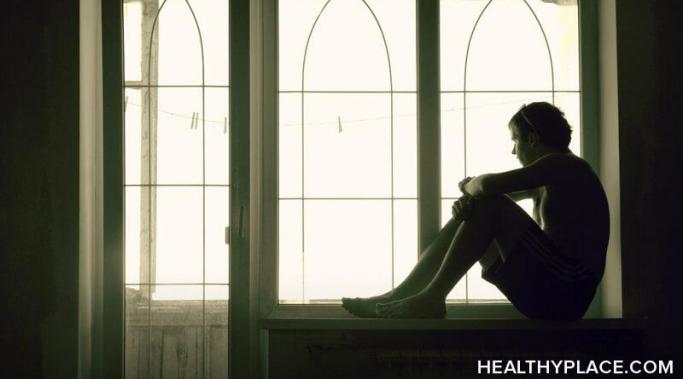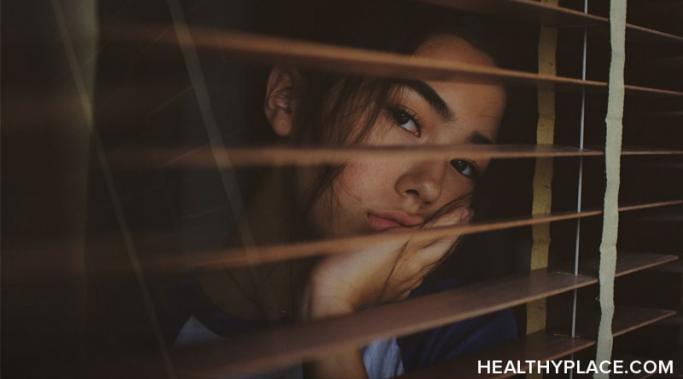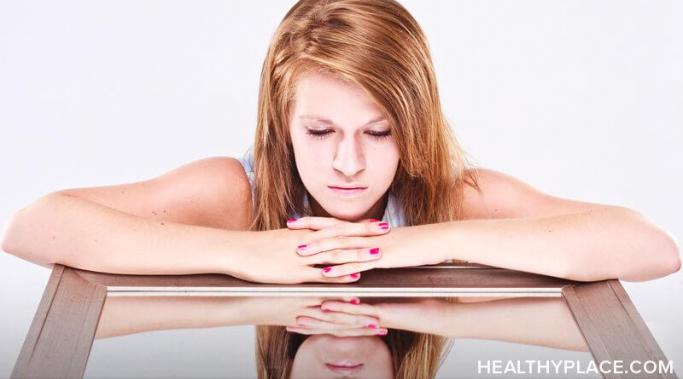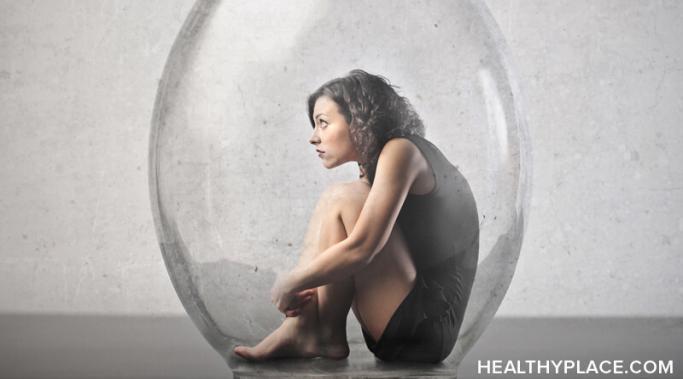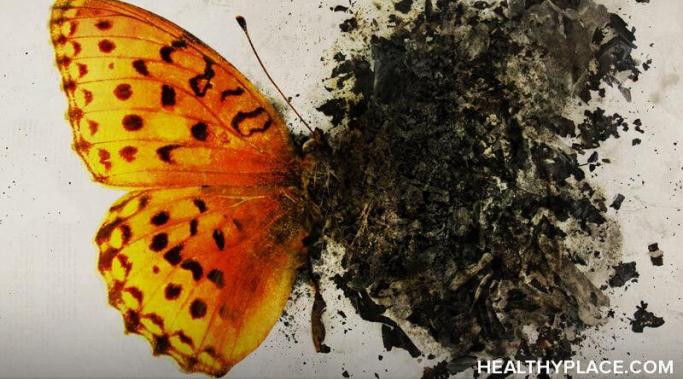There are lasting effects of mental health stigma that go beyond shame, silence, and the way we navigate the world. When thinking of stigma and its impacts, those are often the things that come up, but there are other lasting effects of mental health stigma as well, such as how we interact with people.
Surviving Mental Health Stigma
What does life look like beyond mental health stigma? I get this sense that we only see mental health stigma as this negative cloud hanging over living with mental illness, and then beyond that, it's all sunshine. We look toward that perceived sunshine with eagerness, but what I've discovered is it might not only be sunshine waiting for us.
To some degree, we're each aware mental health treatment is stigmatized, and that stigma is one of the barriers to people seeking professional guidance for mental illness and mental health struggles. What I don't think people would expect is how this stigma can also manifest in people's good intentions in conversations about mental health treatment.
During a time where the world is pushing for positivity and forward-moving action, it can be especially difficult when you're not able to do that. The fact of the matter is that it's okay to struggle with your mental health during difficult times and it's nothing to be ashamed of. Despite all the messages asserting that struggling isn't an acceptable response, it is.
Surviving mental health stigma during isolation sounds like it would be an easy sort of situation. Even with isolation during the COVID-19 outbreak, the general idea of this practice is we're simply staying home and everything is okay, but that's not the case for everyone. Although the word "isolation," especially "self-isolation," gives this sense of being away from harmful things, there are still opportunities for mental health stigma.
There's been a question on my mind concerning other people's reactions to COVID-19 as it continues to spread and as people continue to respond: am I stigmatizing reactions to COVID-19 (coronavirus)? There has been a wide range of reactions to how the virus is changing how we operate as a society, fear being a huge one. I find myself a bit of an outlier in this, which is where this question I've been thinking about comes from. Allow me to explain.
A misconception bred by mental health stigma is your mental illness is your entire identity. It can even go as far as suggesting there is no separating you from it. While mental illness and mental health struggles are a part of who we are, they don't completely make up our identity.
Letting others know you have a mental illness can feel like a confession because of stigma. Telling someone about the illness for the first time can be a large, daunting task because of this feeling that you're revealing a deep, dark secret. This is because stigma tells us that reactions to mental health struggles will always be negative.
Many know the difficulty of dealing with mental health stigma, but there are also situations where a person might end up facing layers of stigma. This changes what it's like to deal with mental health stigma overall.
The physical symptoms of mental illness and mental health struggles are not often spoken about but are important pieces in understanding mental health overall. I'm sure to some, pairing physical symptoms with something mental seems like a misnomer. Maybe that's part of why physical symptoms are used in the battle against stigma. But can the existence of physical symptoms stop mental health stigma?
